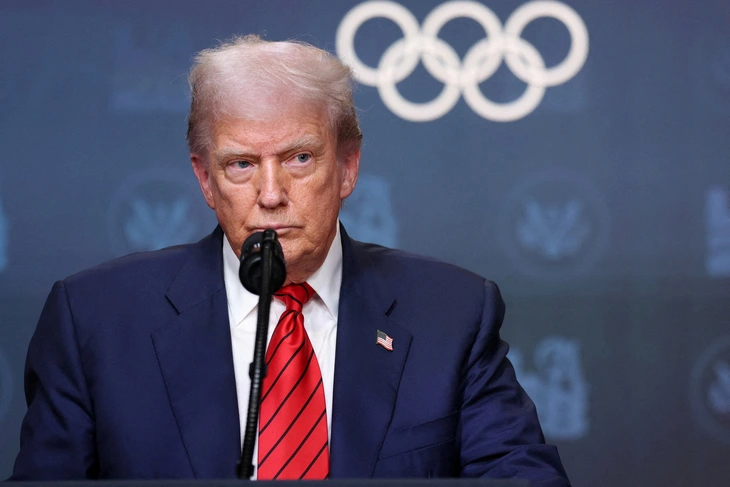
US President Donald Trump - Photo: REUTERS
At exactly 0:00 on August 7 (US time), the US's reciprocal tariffs on global trading partners officially took effect, with tax rates ranging from 10 - 50%.
US reciprocal tax officially takes effect
"It's midnight!!! Billions of dollars in tariffs are pouring in!" Trump posted on Truth Social as the day began.
Basically, the Trump administration divides countries into four groups for taxation: countries with a trade deficit with the US will be taxed at 10%; countries with a trade surplus with the US with a small trade deficit will be taxed at 15%; countries with a trade surplus with the US with a large trade deficit will be taxed at about 20% and the exception group.
Among the exceptions are some major US partners such as India, Switzerland and South Africa, which will be subject to new tariffs of up to 39%. India alone could face tariffs of up to 50% in the next three weeks if it does not yield to Mr. Trump’s demands.
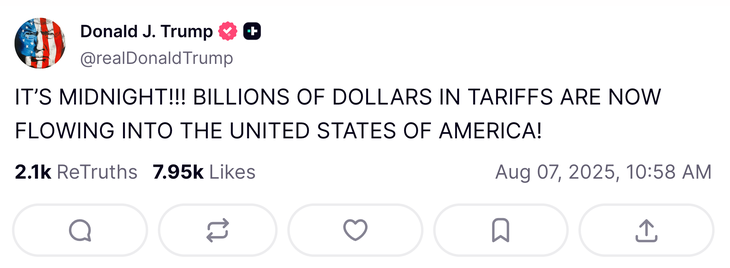
Screenshot of Trump's official tariff announcement
The US has yet to reach a final trade deal with its three largest trading partners, China, Mexico and Canada. Washington has agreed to delay imposing tariffs on Beijing and Mexico while negotiations continue.
Canada alone is subject to a 35% tax on some goods from August 1.
Many economists warn that these new tariffs are likely to impact prices and global supply chains, directly affecting American consumers and businesses.
Trump threatens to impose 100% tax on semiconductors
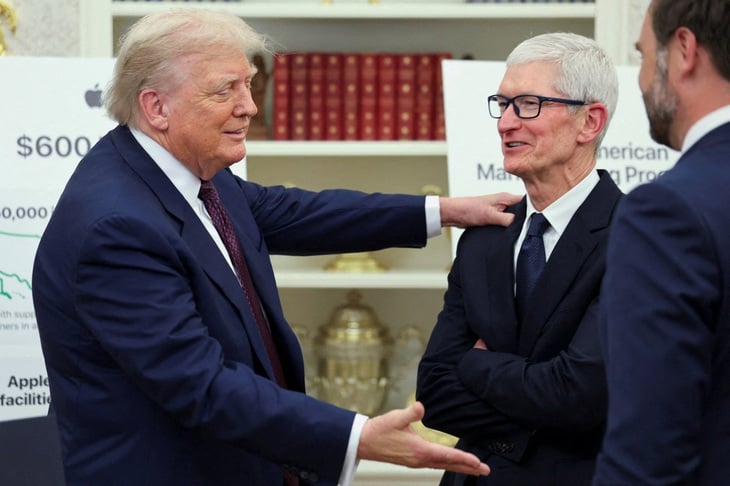
President Trump welcomes Apple's decision to invest more on August 6 - Photo: REUTERS
Notably, on August 6, just before the reciprocal tax took effect, Mr. Trump announced that he would impose a tax of "about 100%" on all imported semiconductor chips. However, chips from companies that are currently manufacturing in the US or have committed to building production lines in the US will be completely exempt from the tax.
In April, US Commerce Secretary Howard Lutnick confirmed that the products would be subject to a separate industry tax, which would be announced “in the next month or two.” Until then, they will not be subject to tariffs.
The announcement was made by Mr. Trump at an event announcing Apple's commitment to invest an additional $100 billion in the US market. The US President said that this technology company is one of the first companies to be exempted from taxes thanks to this investment.
“For companies like Apple, who have committed to building in the United States, there will be no fee,” Mr. Trump said in the Oval Office.
But he also warned sternly: "If you say you will build (the US line) but don't do it, we will charge you a cumulative fee and you have to pay everything at a later date."
South Korea was quick to respond to the news, with the country's trade envoy confirming that Samsung Electronics and SK Hynix - two of the world's leading semiconductor companies - would not be subject to a 100% tariff.
Seoul will also offer preferential tariffs on semiconductors under the deal with Washington.
Washington is expected to announce the results of its national security investigation into semiconductors and other key technology items in mid-August, which could lead to further adjustments in US tariff policy.
Source: https://tuoitre.vn/thue-doi-ung-cua-my-chinh-thuc-co-hieu-luc-20250807141813975.htm

















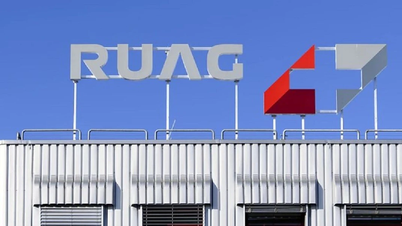



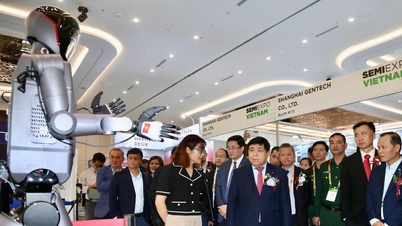



















![[Video] Hue Monuments reopen to welcome visitors](https://vphoto.vietnam.vn/thumb/402x226/vietnam/resource/IMAGE/2025/11/05/1762301089171_dung01-05-43-09still013-jpg.webp)































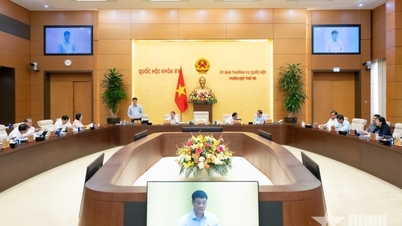













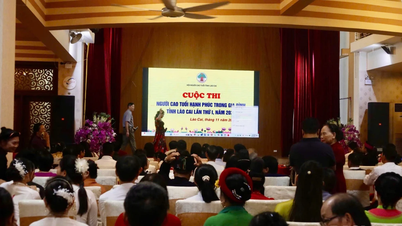





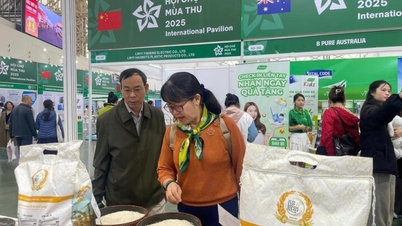















Comment (0)